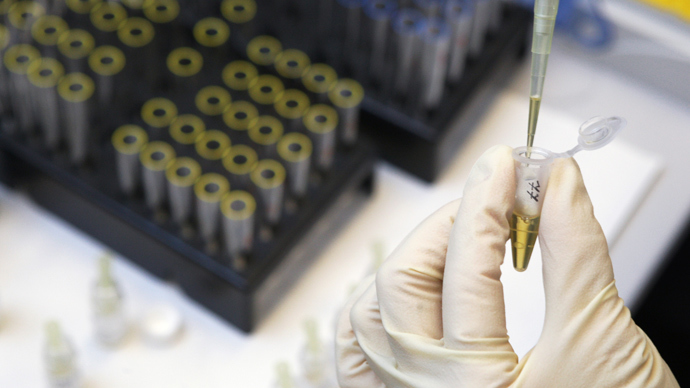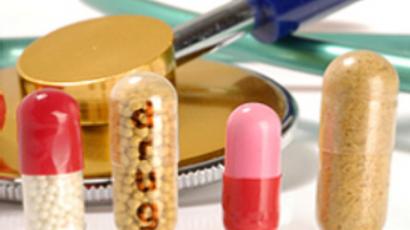Sochi Olympics doping tests are ‘toughest-ever’ – IOC chief

The upcoming Sochi Olympic Games will see 57 percent more doping tests than the previous Winter Olympics in Vancouver, and the tests will be the toughest ever, the head of the IOC has announced.
"We can clearly say that
both as regards to quantity as well as quality this will be the
toughest anti-doping program we have ever had in the Olympic
Games," International Olympic Committee chairman Thomas Bach
told journalists during an official visit to South Korea to
oversee the preparations for the 2018 Pyeongchang Winter
Olympics.
Athletes will undergo 1,269 pre-competition tests for the Sochi Games, to be held February 7-23, nearly 400 more than during the Vancouver Olympics, Bach said during the World Conference on Doping in Sport in Johannesburg.
“The tests will be even more target-oriented...There will be more tests pre-competition... where most of the anti-doping violations are happening," he said.
Though Bach was upbeat about the quality of anti-doping tests at Sochi, some critics have voiced skepticism about the host country's testing potential.
Earlier this month, the global anti-doping agency temporary suspended the accreditation of Moscow's sports drug-testing laboratory, due to unspecified problems with its operations.
However, the IOC has emphasized its strong confidence that the Moscow’s sports drug-testing laboratory will keep its accreditation and will be functioning during the Sochi Olympics, IOC officials say.

Russia's sports minister, Vitaly Mutko, has promised that all necessary precautions will be taken at the laboratory. He has said that he hopes the lab will be able to improve the reliability of its results by December 1.
Doping scandals have been rife in various sports, with top athletes such as U.S. cyclist Lance Armstrong admitting the use of illegal performance-enhancing drugs.
Amid the more rigorous testing regime, some athletes may miss out on events due to their home countries’ lack of high-quality anti-doping test facilities. Jamaica’s Usain Bolt may not be able to participate in the Rio 2016 Olympics as the IOC has accused Jamaica of problems in its anti-doping systems.
Asafa Powell, the 100 meters world record-holder, and Tyson Gay, 200 meters straight world record holder, are both waiting to hear their punishment for misusing illegal substances during competitions.
And with every Olympics, the number of doping scandals has increased. A total of 107 athletes were accused of using prohibited substances before the London 2012 Summer Olympics, while 15 athletes, including three medalists, tested positively for drugs during those Games.
The World Anti-Doping Agency (WADA) has released a new anti-doping code at the World Conference on Doping in Sport in Johannesburg, South Africa. The code doubles the duration of the ban from competitive sport for those found guilty of doping to four years, which means that banned athletes are excluded from the next Olympic Games.
The new code will be officially applied in 2015, before the Rio Olympics. Anti-doping officials believe the new guidelines will make the Olympics the cleanest ever.












